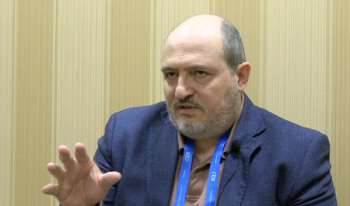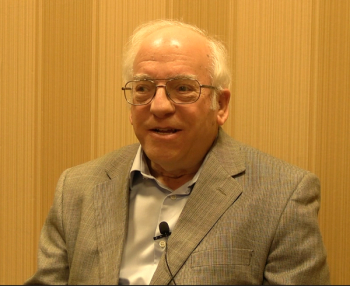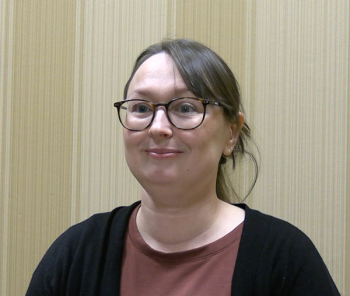
Rachel R. Ogorzalek Loo Joins Spectroscopy's Editorial Advisory Board
Spectroscopy is pleased to announce the addition of Rachael R. Ogorzalek Loo to its editorial advisory board.
Spectroscopy
is pleased to announce the addition of Rachel R. Ogorzalek Loo to its editorial advisory board.
Loo is a researcher in the Department of Biological Chemistry at the David Geffen School of Medicine at the University of California Los Angeles (UCLA) She is a member of UCLA’s Department of Energy Laboratory for Genomics and Proteomics and an associate member of the UCLA Molecular Biology Institute.
Her research interests include the development of bioanalytical mass spectrometry methods for the structural characterization of proteins and the elucidation of ionization mechanisms for mass spectrometry. She is also interested in developing the virtual 2D gel method, a matrix-assisted laser desorption and ionization (MALDI) MS-based surface scanning method in which proteins are desorbed directly from polyacrylamide gels for identifying and characterizing protein isoforms and for measuring protein expression profiles from complex biological samples.
Loo is an author of more than 85 scientific publications and currently serves as secretary for the American Society for Mass Spectrometry. She has been a member of various working committees with the Association of Biomedical Resource Facilities. Before joining UCLA, Loo was director of mass spectrometry for the University of Michigan Protein and Carbohydrate Structure Facility, Ann Arbor, Michigan, and later moved to Parke-Davis Pharmaceutical, now part of Pfizer Global Research, also in Ann Arbor, Michigan, as a research associate.
She received her B.S. degree in chemistry from the University of Wisconsin (Madison, Wisconsin), and her PhD degree in physical chemistry from Cornell University (Ithaca, New York). She carried out post-doctoral research at Pacific Northwest National Laboratory, in Richland, Washington.
Newsletter
Get essential updates on the latest spectroscopy technologies, regulatory standards, and best practices—subscribe today to Spectroscopy.




